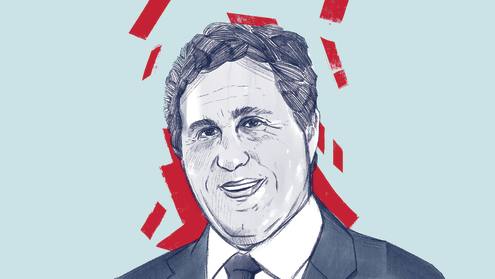There has been much debate on the causes of the recent global economic crisis, and the reforms required to enable sustainable recovery and prevent further such crises. While poor-quality mortgages started the credit crunch, lack of transparency and increased global interconnectivity turned that problem into a global economic crisis. Calls for global financial reform have focused first on the need for regulations for strong oversight supported by rigorous transparency and accountability - both within and between financial institutions. And second, there has been a call for global systemic risk supervision - able to provide global co-operation, consolidation and early warning. Such a system could help to recognise the build-up of financial bubbles, and identify risk concentrations and systemic interdependencies.
On the regulatory front there are many obvious areas for reform. For example, enhanced transparency and risk visibility are essential to the revitalisation of debt markets and reform of asset securitisation. This process will need to embrace provenance tracking and monitoring to assure the quality of securities. Active ratings services can then capitalise on this enhanced transparency, enabling better understanding of securities composition.







